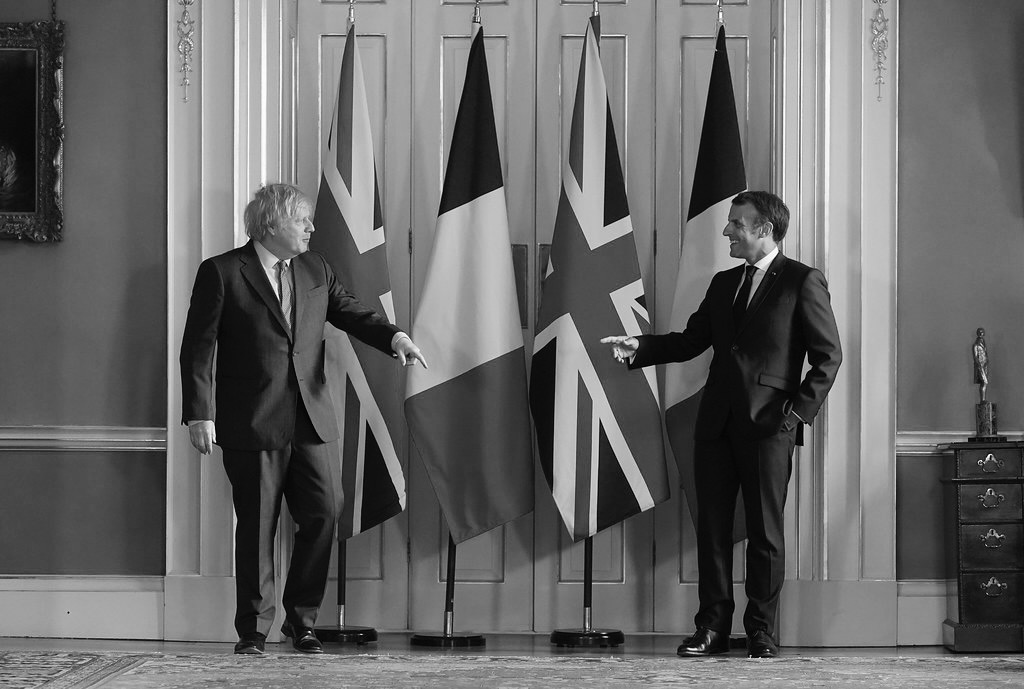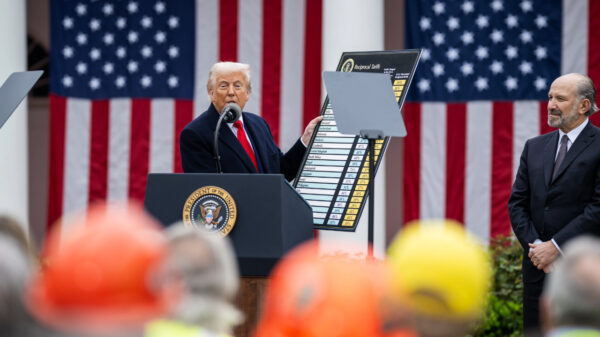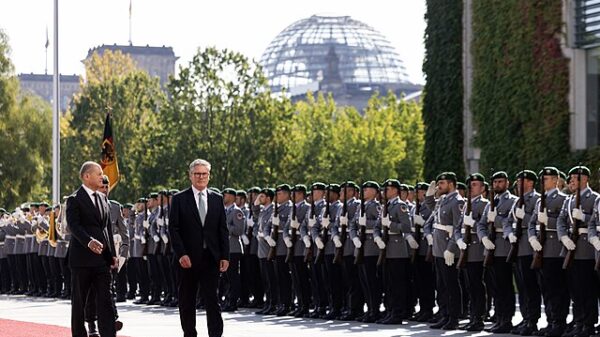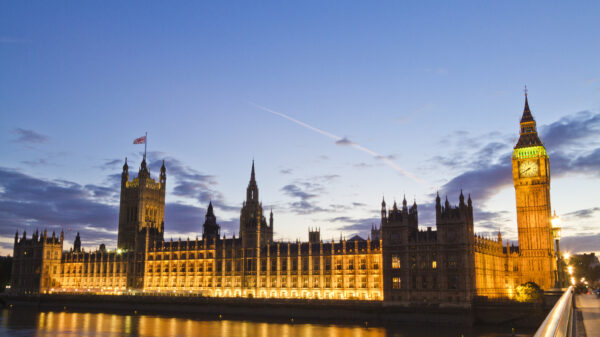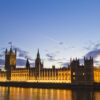Roar writer Chloe Ferreaux on how Boris Johnson and Emmanuel Macron’s clash of personalities and ideas is doing serious harm to Britain and France’s historical partnership
After a tumultuous history together, the state of the diplomatic relationship between France and the United Kingdom has always been mostly warm. Having fought together in two World Wars and seen eye-to-eye on many geopolitical issues such as human rights, the two countries are close. Despite some friendly competition in sports and playful mocking of each other’s culture, Britons largely view France’s global influence favourably and vice-versa.
However, French President Emmanuel Macron and British Prime Minister Boris Johnson aren’t exactly best buddies and their frosty relationship having a broader effect on the French-UK partnership. Indeed, Macron and Johnson agree on one thing: they will not listen to each other. With Brexit, the migrant crisis, Covid-19 and a myriad of other issues dominating the global community, Britain and France, and their respective leaders, have found themselves on opposite sides of the debate.
First of all, it is a war of political ego that is blocking the France-England relationship. Macron won a landslide victory in the 2017 Presidential Election by promising a strong, united Europe. Conversely, Boris Johnson had to deliver on his promise to take Britain out of the European Union, which had become central to his Conservative Party’s platform. They both held completely different positions on the EU and have, thus far, failed to compromise.
Beyond the issue of Brexit, the conflict highlights a very different apprehension of cultural and social political disengagement. Most notably, the British have overestimated concern the French have for Brexit and the UK’s voice in Europe. Many French officials in Brussels feel that the British have dominated the conversation in the EU for too long. The French’s disinterest in Brexit may have to do with the fact that the UK’s withdrawal is far more damaging to the British economy than France or other EU nations.
The UK is therefore no longer their priority among European leaders, something with France is only too happy about. Furthermore, many French politicians do not recognise Johnson as an elected politician in his own right, but rather as a chaotic, interim leader who will soon be replaced by a steadier hand. The scale of such a rift limits the restoration of entente cordiale between the two countries.
In addition to dealing with the Coronavirus, Johnson’s Conservative government continually brings particularly thorny issues to the forefront of the debate, which is enough to send chills down the French’ spines. Following his goal to make France a leader in the EU, alongside Germany, Macron has been vocal about his position on Brexit negotiations. The French leader has chastised London for failing to cooperate in post-Brexit negotiations while Johnson has accused the EU of refusing to compromise.
So where France wants to promote a united Europe, the UK keeps inciting division and conflict. And where Britain wants to emancipate itself, France only wants its failure to mend the cracks left by the Brexit. Indeed, at the 2021 G7 meeting in Cornwall, Johnson’s objective was to project a globalist vision of Brexit Britain, where the country could be open to Europe and the rest of the world including the United States and Commonwealth allies. However, President Macron is trying to project European unity and standing with Johnson, a symbol of the Brexit project, is anything but that. As a result, he is forced to compete for international attention to convince the world that withdrawal from the EU means cold isolation, not multilateralism.
In Europe, the new question is whether there will be room for everyone. Especially when the management of France’s and the UK’s international policy is going in opposite directions. Johnson’s schematic vision runs counter to Macron’s analytical one. Thus, while the Prime Minister needs to understand the broad outlines in order to quickly solve a geopolitical problem, the President is formalist, perfectionist and demanding. However, the conflicts of interest go beyond their personalities. For the French government, as long as Boris Johnson remains in power, the bilateral relationship will be put aside, and the collision between the two personalities is such that in November 2020, the two countries failed to organise a joint commemoration of the Lancaster House treaties on Defence and Security Cooperation.
However, understanding must return quickly if the UK wishes to re-establish itself as an important player on the international stage. The same goes for France, which would like to become the main spokesperson for the European Union now that the globally admired German Chancellor Angela Merkel is stepping down from her role. Indeed, Britain and France are the only two permanent European members of the UN Security Council. They are also allies against Daech and in Mali during Nato missions.
But while collaboration remains desirable, common goals are unlikely to change this deep rift. In recent years, the bilateral relationship has yielded conflict, division and now: a painful, uncomfortable silence.

